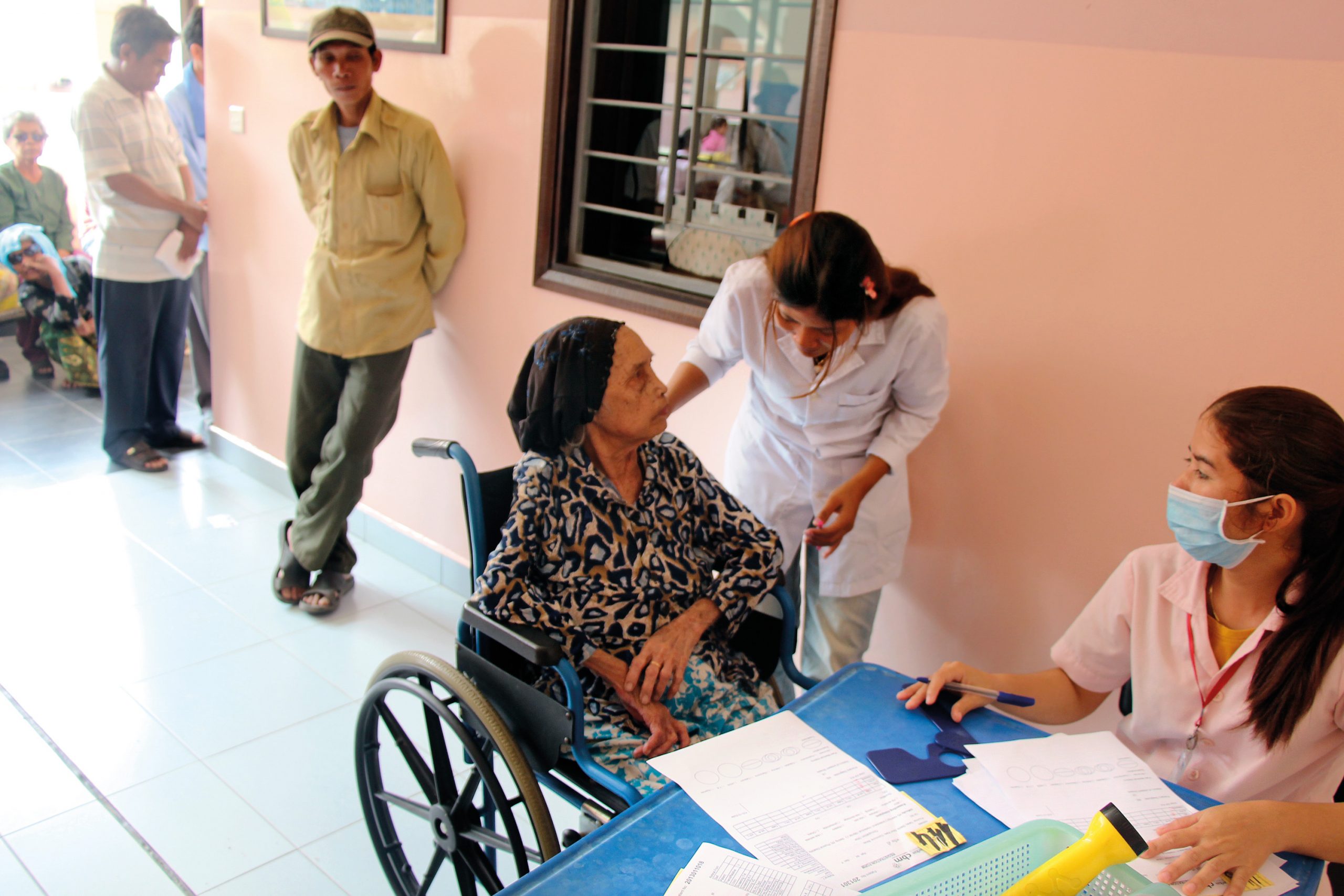
Developing inclusive health systems in crisis-affected settings
It is widely recognised that health systems should aim to ensure fair access for everyone to health and healthcare. This sentiment is key to ‘leaving no-one behind’ in progress towards the Sustainable Development Goals, yet the design and practice of many health systems discriminates based on social characteristics such as gender, (dis)ability, age, ethnicity and class. Such discrimination exacerbates poverty and causes increased vulnerability and delays in accessing care, in turn leading to worse health outcomes. This policy brief highlights the ways in which health systems reinforce the marginalisation of some social groups, and then summarises the effects of crises on inclusiveness and the interventions that can protect and enhance equity for those marginalised.
This brief is one of a series of ReBUILD papers addresses key questions on health systems strengthening in settings affected by conflict or crisis. The purpose of these briefing papers was to bring together current knowledge and research in order to inform decision-makers, implementers, researchers and other stakeholders in this area.
The questions addressed in the series were identified through a study of priority research needs carried out by the Thematic Working Group on Health Systems in Fragile and Conflict Affected States. ReBUILD researchers have drawn on both the programme’s own research and on wider published literature to address eight of the questions through this series of briefing papers.
Image: Better physical accessibility and greater awareness of disability by hospital staff have improved the inclusion of people with impairments. Cambodia. © CARITAS Takeo Eye Hospital / Flickr